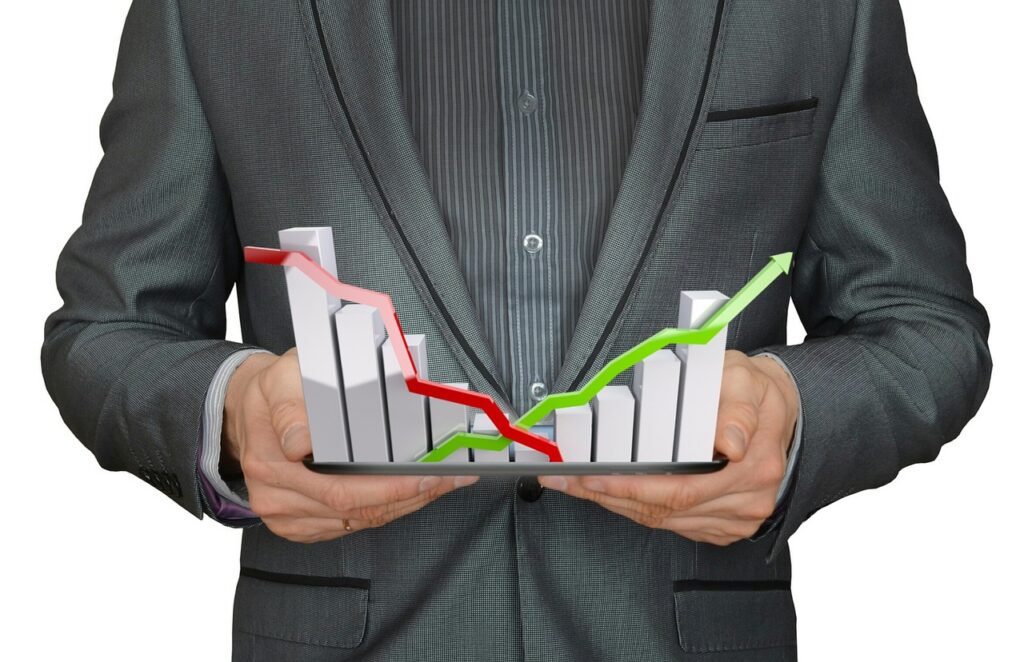Why Consumers Suddenly Have Confidence In The Economy Again
This article is more than 2 years old

According to CNN Business, consumer confidence in the economy improved in December, providing hope that a turnaround might lie ahead. Inflation is still cutting hard into holiday spending as many families have no room in the budget for extras. But inflation levels are gradually easing, which has led to a boost in consumer confidence.
The Consumer Confidence Index (CCI) is a survey that measures consumers’ optimism or pessimism about their expected financial state. The Conference Board (CB), a not-for-profit economic research think tank established in 1916, administers the survey. CB provides vital economic information to its members and is perhaps best known for the Consumer Confidence Index.
December’s CCI registered 108.3, up from November’s score of 101.4. According to consensus estimates by Refinitiv Financial Solutions, economists expected the index to register at 101. December’s reading is the highest CCI since April 2022, still low compared to 2019 when consumer confidence had an average reading of 128.5.
The CCI is based on the premise that optimistic consumers will spend more and stimulate the economy. Conversely, pessimistic consumers tend to hold on to their money which leads to economic slowdowns and even recessions. The index also provides insight into whether consumers are likely to make major purchases soon such as cars or houses.
CB releases the CCI on the last Tuesday of each month. Economists consider it the most credible way to determine U.S. consumer confidence as it measures their current perceptions on what their financial state might be over the next six months. Five questions relate to business, employment, and income conditions.
“The Present Situation and Expectations Indexes improved due to consumers’ more favorable view regarding the economy and jobs,” said Lynn Franco, senior director of economic indicators at the Conference Board. “Inflation expectations retreated in December to their lowest level since September 2021, with recent declines in gas prices a major impetus.” According to AAA, the national average price for regular gasoline dropped to $3.11 per gallon this week, the lowest it’s been since July 2021.
Christopher S. Rupkey, chief economist for FwdBonds said “you’d have to be living under a rock” to not notice the drop in gas prices while filling up your vehicle. The national average price for regular gasoline was almost $2 higher over the summer. “The consumer was more worried about higher prices than they were trying to get a new higher paying job, but now they are becoming more confident with price pressures easing in intensity,” said Rupkey.
Not everything was rosy across the economic and consumer confidence forecast, however. Plans to purchase homes and appliances fell off, and home sales in the U.S. declined in November for the tenth month in a row. According to the National Association of Realtors, sales fell 7.7% from October.
Home sales sit at their weakest level since May 2020, signifying a slow recovery from the halt that the pandemic brought to the real estate market. Mortgage News Daily reported on Wednesday that “no one” is buying or selling existing homes on the market. They said sales peaked in January and then proceeded to fall off every month since, reflecting low consumer confidence in making big purchases.
The CCI has followed a similar trajectory, falling through most of 2022 due to high rates of inflation. Even so, consumers remained resilient throughout the year and a strong labor market is one factor that contributed to relatively stable spending. However, spending patterns are slowing, as shown by November’s Commerce Department report that retail sales rates in the U.S. dropped sharply.





